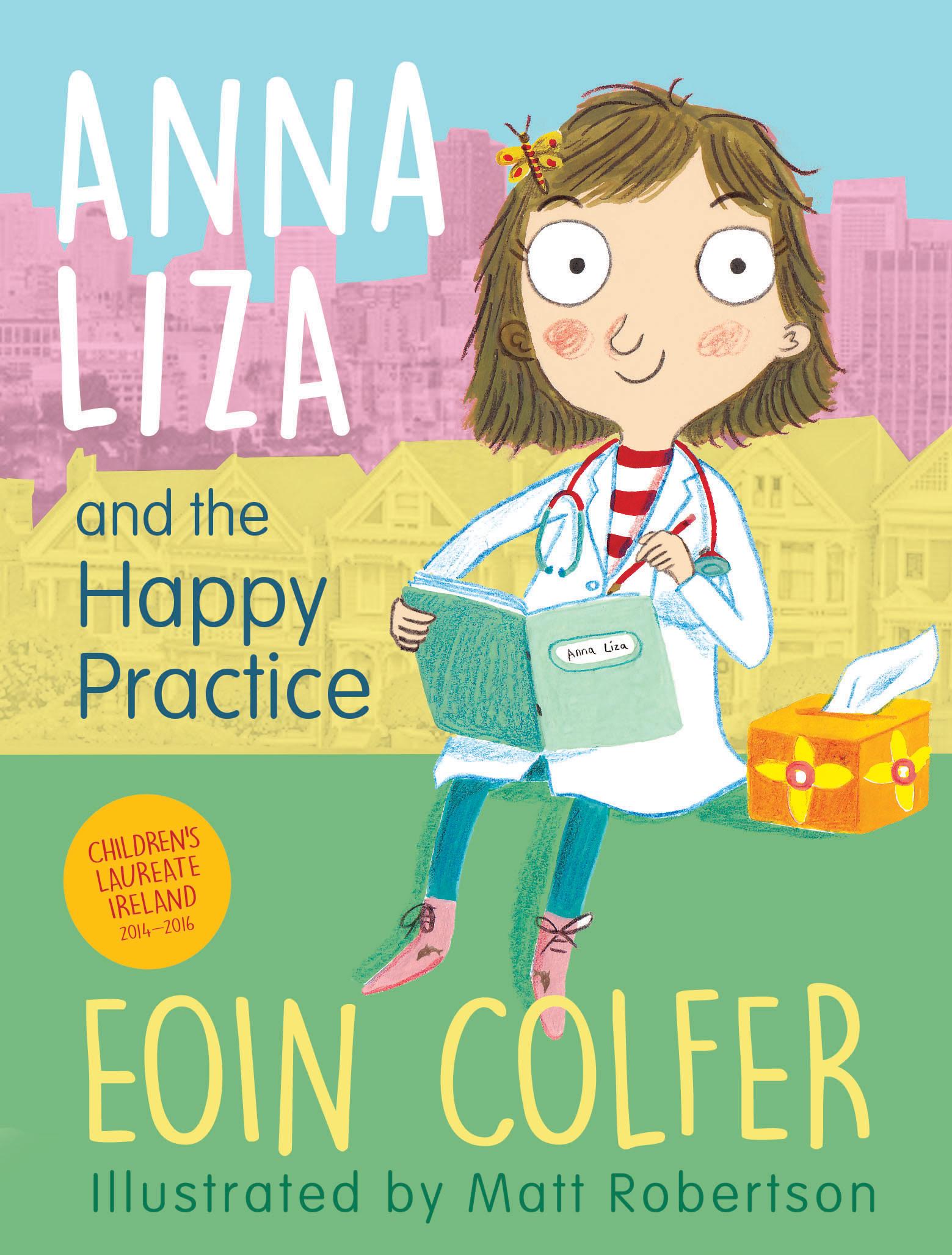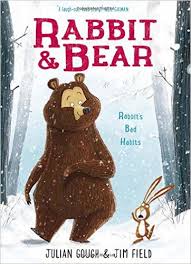Open Call for facilitation in dlr Libraries 2017-2019
Call for authors, artists, lecturers, facilitators, workshop leaders and enthusiasts
Introduction
dlr Libraries are delighted to announce an opportunity for authors, artists, lecturers, facilitators, workshop leaders and enthusiasts to submit proposals for events in dlr Libraries during the period 2017-2019. Events encompass workshops, talks, courses, shows, productions, classes, exhibitions and any other creative enterprises envisioned as a possibility within a public library context. As well as proposals suitable for festivals such as Bealtaine, Children's Book Festival, Science Week, we invite proposals for a wide range of one-off events, a series of themed talks/events or more long-term projects. Projects can include artistic, cultural and educational forms and target user groups can be children, young people, adults, users with special needs and intergenerational audiences. Proposals will be selected both from artistic/cultural and educational areas of interest, highlighting the demand for both kinds of events in dlr Libraries. Creative practitioners and facilitators that are successful in their application will be selected for a panel for use and events will be programmed accordingly from Autumn 2017 – Autumn 2019.
Closing Date: Friday 9th June 2017 at 12 noon
Background
dlr County has eight branch libraries serving the educational, recreational and cultural needs of all who live, work, study or visit the Dún Laoghaire-Rathdown area. The 8 library branches are:
Blackrock, Cabinteely, Dalkey, Deansgrange, Dundrum, dlr LexIcon, Shankill and Stillorgan.
dlr Libraries have a tradition of providing high quality cultural programming that complements our collection and enlivens our spaces, both physical and virtual. dlr Libraries’ mission is: ‘to connect and empower people, inspire ideas and support community potential’. dlr Libraries support lifelong learning and seek to develop a culture of creativity and innovation. Libraries have no boundaries and stimulate the imagination through the provision of a rich and relevant collection and an active, engaging culture and technology programme.
Areas of interest
Examples are by no means comprehensive
Artistic/Cultural:
Architecture, circus, dance, film, literature, music, opera, theatre, traditional arts, visual arts and crafts.
Educational:
Books & literature, literacy & numeracy, STEAM (science, technology, engineering, art & maths), creating in the digital space, using information technology, e-learning, health and wellbeing, local history & genealogy, general knowledge, sustainability & environment, exhibitions.
The user groups include the following:
-Children (0 -11yrs)
-Young Adults (12 - 17yrs)
-Adults
-Special needs groups
-Intergenerational audience
Guidelines:
- Delivery of all proposals will be remunerated in accordance with our current fee schedules for facilitators. If successful, dlr Libraries commit to hosting you during the time frame outlined, at a time that is mutually convenient.
- Interested applicants may apply for both areas of interest (artistic/cultural and educational) and all user groups. Evidence of experience with different user groups is an advantage.
- We request facilitators be flexible in their approach and responsive to the needs of participants.
- Selection will be based on the written submission and any additional supplementary material supplied only.
- Emailed applications will be deemed ineligible.
- Proposal(s) should be no longer than 300 words. (1 A4 page max per proposal)
- Please submit 3 x hard copies of your proposal(s) along with 3 x hard copies of your curriculum vitae.
- Applications received after Friday 9th June at 12.00 noon will not be accepted under any circumstances.
Applications to:
*please mark clearly: ‘OPEN CALL’
Shelley Healy
Dún Laoghaire-Rathdown County Council Public Libraries HQ,
dlr LexIcon,
Haigh Terrace, Moran Park,
Dún Laoghaire, Co. Dublin
All queries to: Shelley Healy at ahealy@dlrcoco.ie or (01) 2362707
Child Protection
In accordance with the national Child Protection Guidelines “Children First”, the selected candidate will be required to follow child protection procedures as specified by Dún Laoghaire-Rathdown County Council. The successful candidate will be required to undergo Garda Vetting.
Insurance
There may be a requirement under certain circumstances for personal insurance.
Freedom of Information
The provisions of the Freedom of Information (Amendment) Act 2003 apply to Dún Laoghaire-Rathdown County Council. Applicants should state if any of the information supplied by them is confidential or sensitive and should not be disclosed to a request for information under the aforementioned Act. Applicants should state why they consider the information to be confidential or commercially sensitive.
Payments
Facilitators may be paid via the payroll system. They will not become employees of Dún Laoghaire-Rathdown County Council and are treated as employees solely for taxation purposes. Standard deductions will apply.





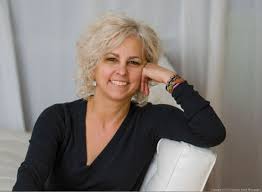





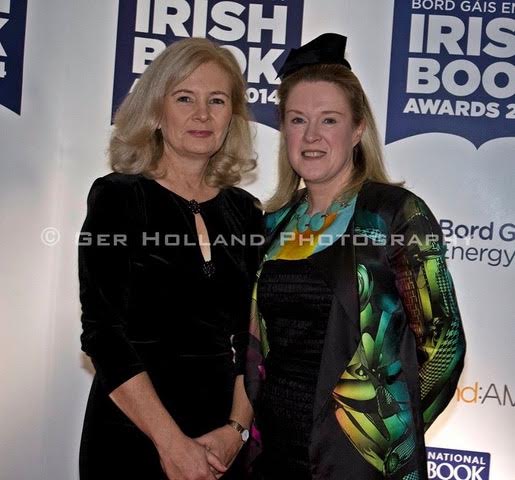
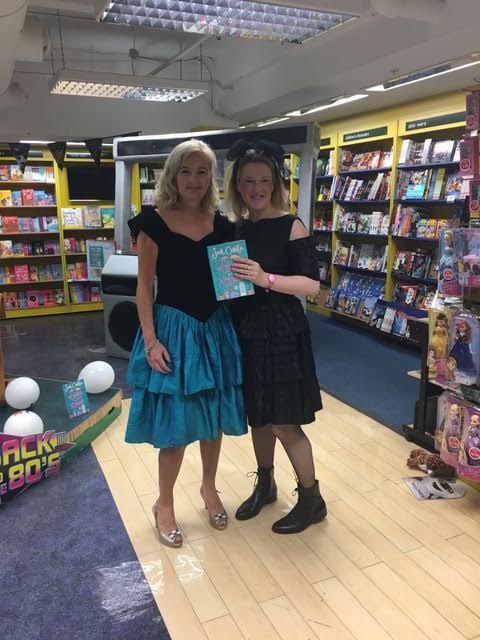
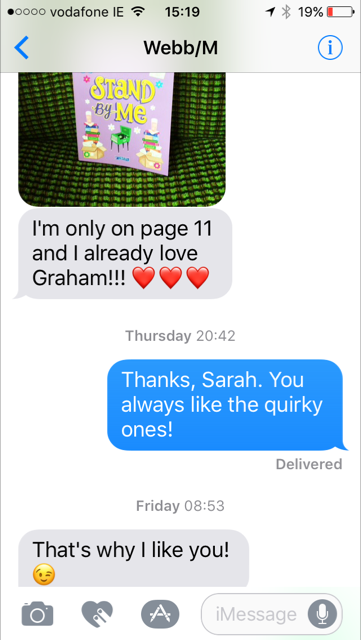
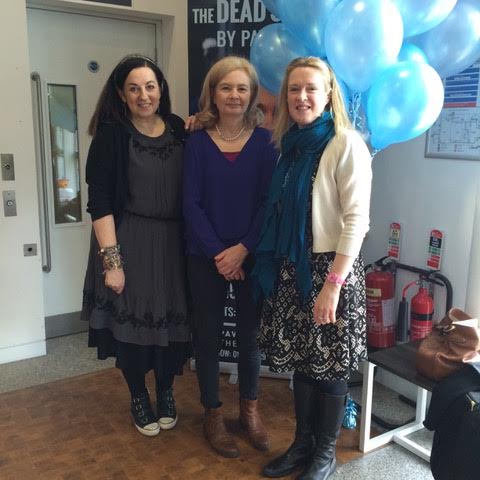


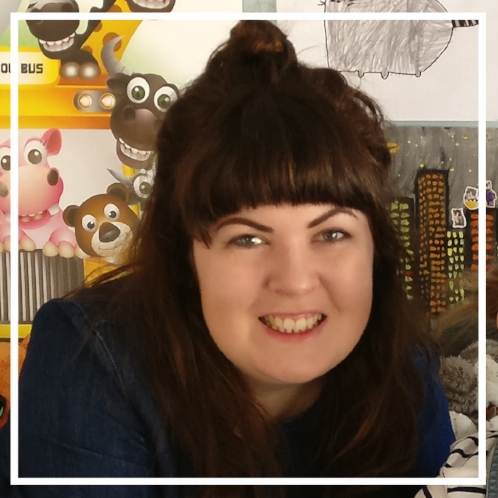
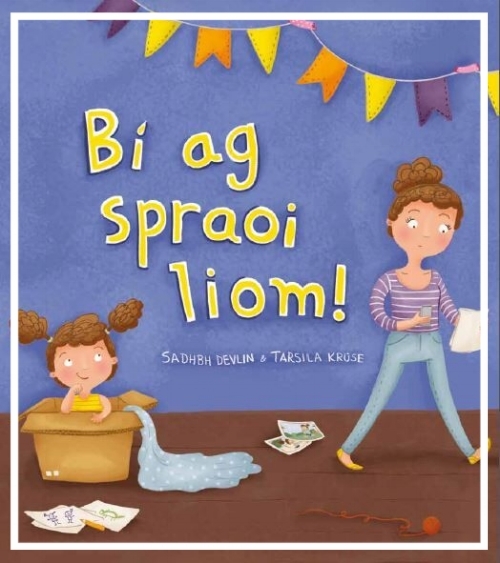





![IMG_2955[1].JPG](https://images.squarespace-cdn.com/content/v1/58973315e4fcb5808a5b7d9e/1503677558462-PDISN0180QNIGJGONENB/IMG_2955%5B1%5D.JPG)
![IMG_2129[1].JPG](https://images.squarespace-cdn.com/content/v1/58973315e4fcb5808a5b7d9e/1503677636111-G0YCXV2XYSKMBA60ZZF1/IMG_2129%5B1%5D.JPG)
![IMG_2777[1].JPG](https://images.squarespace-cdn.com/content/v1/58973315e4fcb5808a5b7d9e/1503677692910-6BH8CER6LV9N68JVV9FS/IMG_2777%5B1%5D.JPG)
![IMG_2901[1].JPG](https://images.squarespace-cdn.com/content/v1/58973315e4fcb5808a5b7d9e/1503677726802-W7DI1HLRMHEC9HK7PDBE/IMG_2901%5B1%5D.JPG)
![IMG_2717[1].JPG](https://images.squarespace-cdn.com/content/v1/58973315e4fcb5808a5b7d9e/1503677930144-X0OCQ4EU85TS8P3YO0UH/IMG_2717%5B1%5D.JPG)
![IGFA3351[1].jpg](https://images.squarespace-cdn.com/content/v1/58973315e4fcb5808a5b7d9e/1503678057119-CF7UACYO9EVO53OTGYAH/IGFA3351%5B1%5D.jpg)
![IMG_3190[1].JPG](https://images.squarespace-cdn.com/content/v1/58973315e4fcb5808a5b7d9e/1503678117479-RF3AGCQXWPUEZ66QQIBH/IMG_3190%5B1%5D.JPG)
![IMG_3215[1].JPG](https://images.squarespace-cdn.com/content/v1/58973315e4fcb5808a5b7d9e/1503678179664-AW9WPBTX8N8GZB1BH31L/IMG_3215%5B1%5D.JPG)
![IMG_3237[1].JPG](https://images.squarespace-cdn.com/content/v1/58973315e4fcb5808a5b7d9e/1503678226501-6QYJ2JWH5IFK9GNCEQRS/IMG_3237%5B1%5D.JPG)
![IMG_3407[1].JPG](https://images.squarespace-cdn.com/content/v1/58973315e4fcb5808a5b7d9e/1503678241839-F53RT8GA4CDAYTZNLZZI/IMG_3407%5B1%5D.JPG)
![IMG_3551[1].JPG](https://images.squarespace-cdn.com/content/v1/58973315e4fcb5808a5b7d9e/1503678297567-QPKLE1JIT5NBWDTGGD3G/IMG_3551%5B1%5D.JPG)
![IMG_3982[1].JPG](https://images.squarespace-cdn.com/content/v1/58973315e4fcb5808a5b7d9e/1503678378340-1PW8BT68YOCZMJH789V3/IMG_3982%5B1%5D.JPG)
![IMG_4041[1].JPG](https://images.squarespace-cdn.com/content/v1/58973315e4fcb5808a5b7d9e/1503678470133-9LSGRD92JY45RNLR7YVA/IMG_4041%5B1%5D.JPG)
![IMG_4153[1].JPG](https://images.squarespace-cdn.com/content/v1/58973315e4fcb5808a5b7d9e/1503678511875-TB7CQ9IH94FBX96N8BYP/IMG_4153%5B1%5D.JPG)
![IMG_4046[1].JPG](https://images.squarespace-cdn.com/content/v1/58973315e4fcb5808a5b7d9e/1503678521283-4KP1P436RF821YK7C68H/IMG_4046%5B1%5D.JPG)
![HSZX7566[1].jpg](https://images.squarespace-cdn.com/content/v1/58973315e4fcb5808a5b7d9e/1503678531832-GO4GJAN40NHR9WXD29UJ/HSZX7566%5B1%5D.jpg)
![IMG_4167[1].JPG](https://images.squarespace-cdn.com/content/v1/58973315e4fcb5808a5b7d9e/1503678539447-5AR9J9GGDPN705Z59PYU/IMG_4167%5B1%5D.JPG)
![IMG_4173[1].JPG](https://images.squarespace-cdn.com/content/v1/58973315e4fcb5808a5b7d9e/1503678547048-PP7AQQAME0C9SFK34QJN/IMG_4173%5B1%5D.JPG)
![IMG_4174[1].JPG](https://images.squarespace-cdn.com/content/v1/58973315e4fcb5808a5b7d9e/1503678563304-P4D3ABX1KLTJN41XJ6G5/IMG_4174%5B1%5D.JPG)



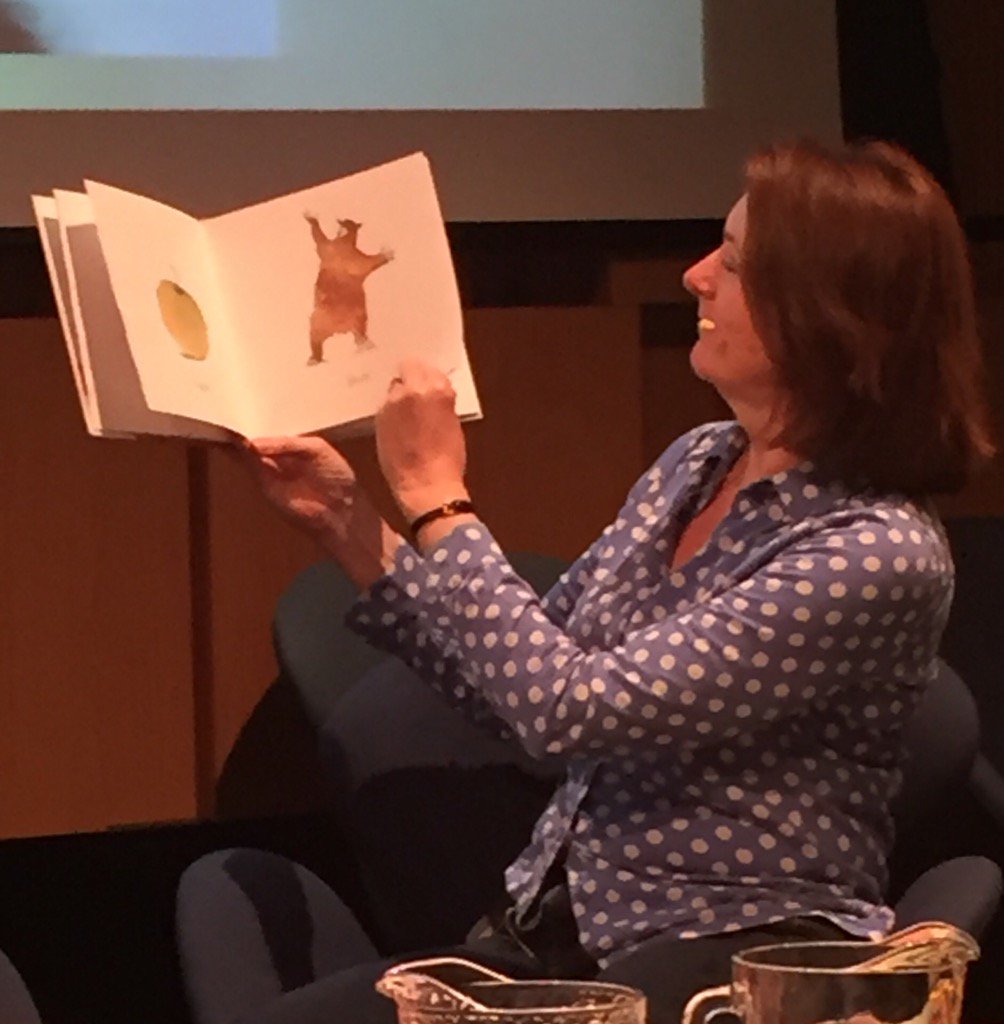
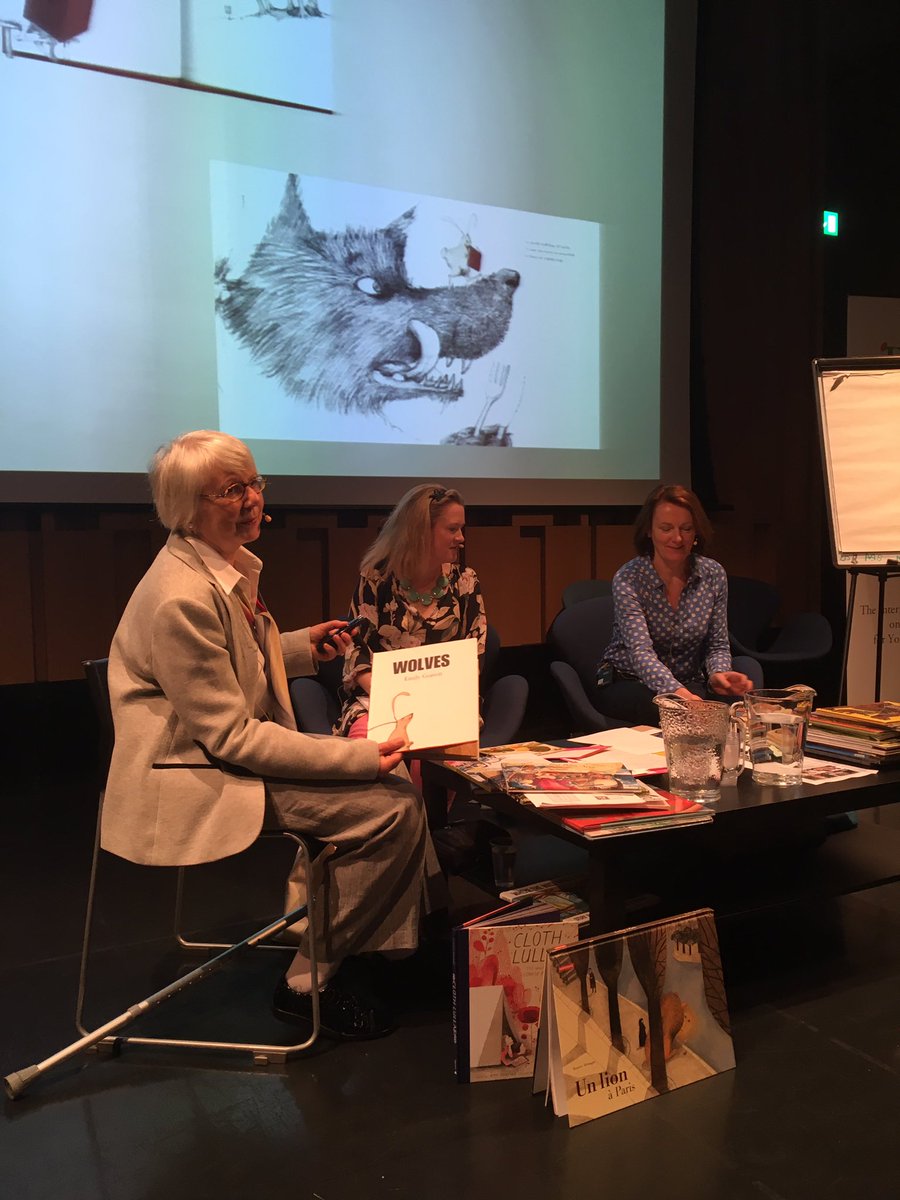
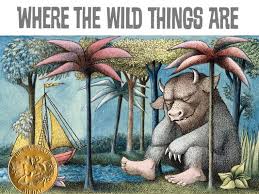
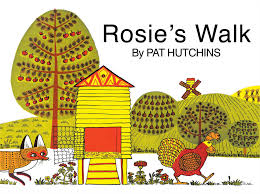
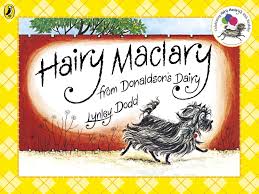
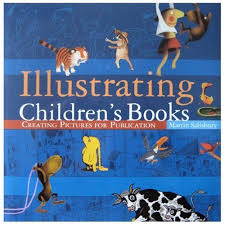




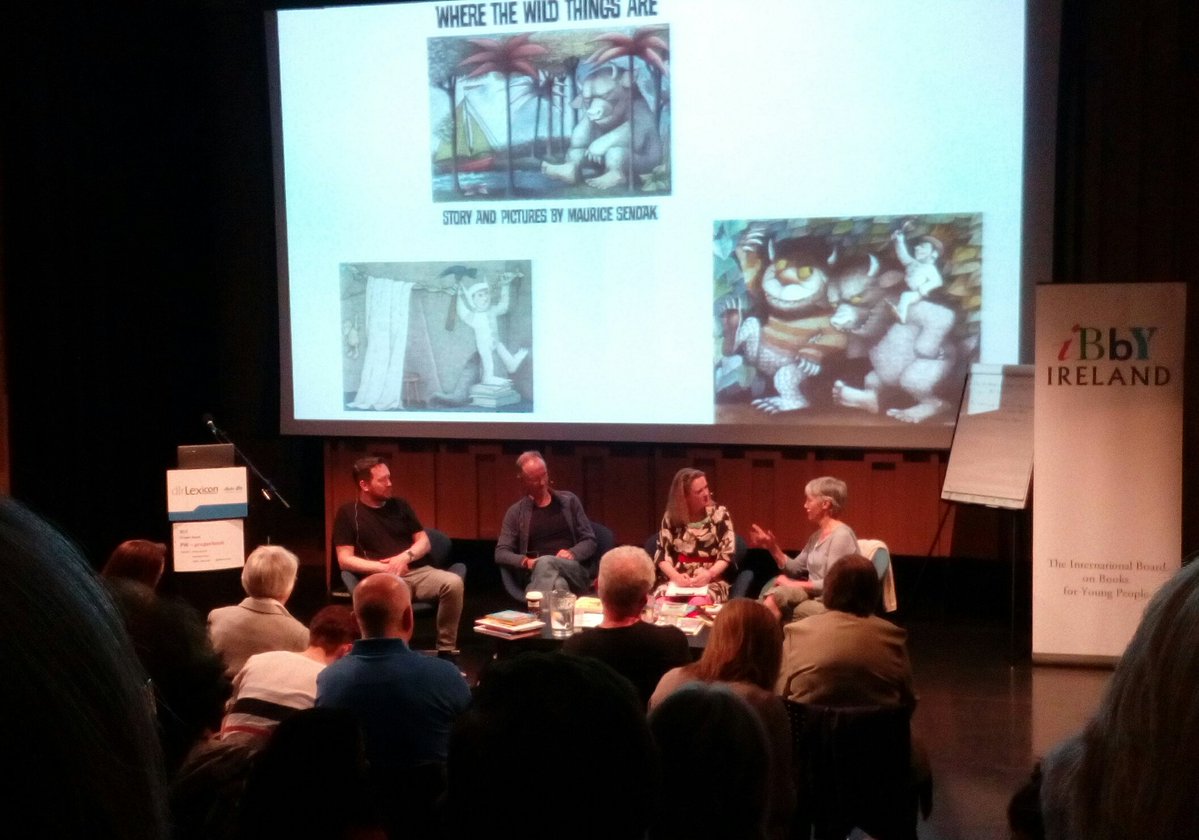
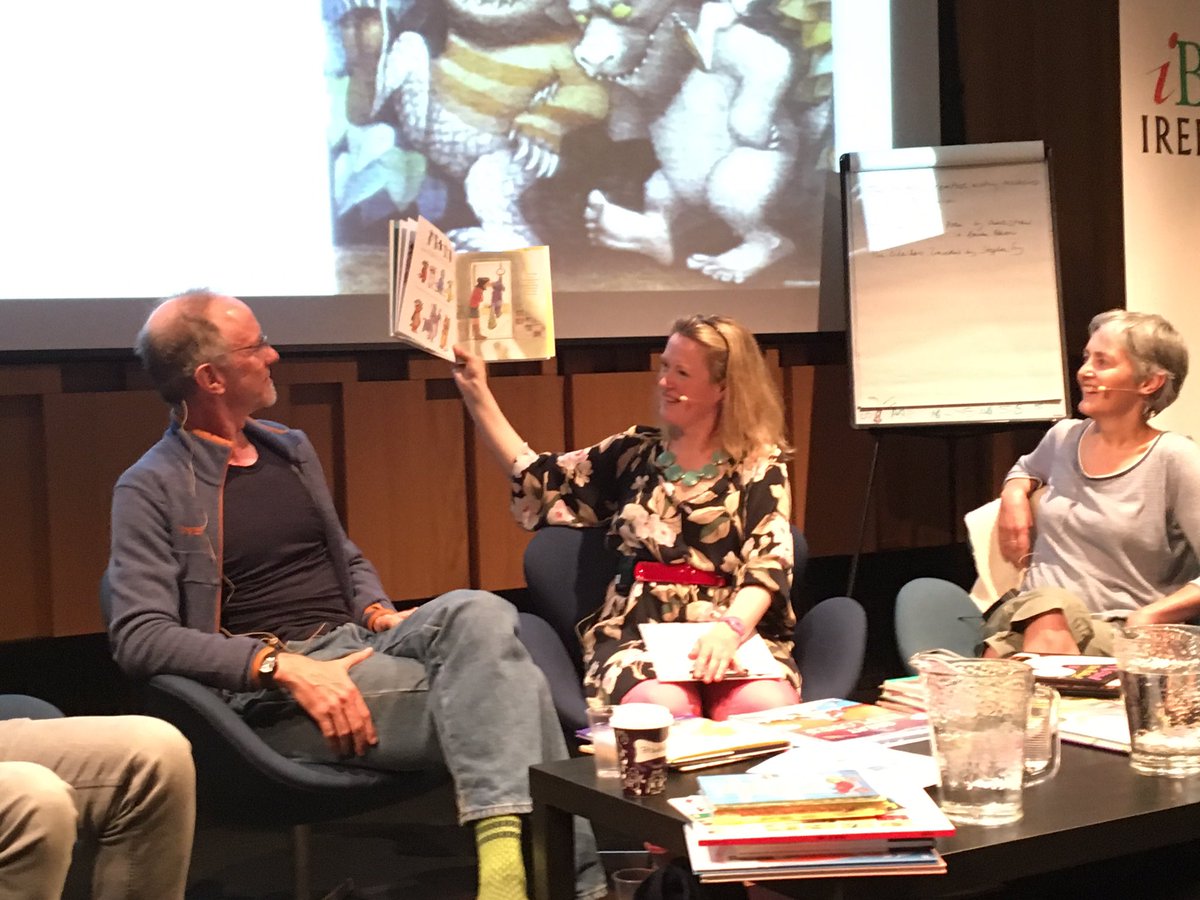
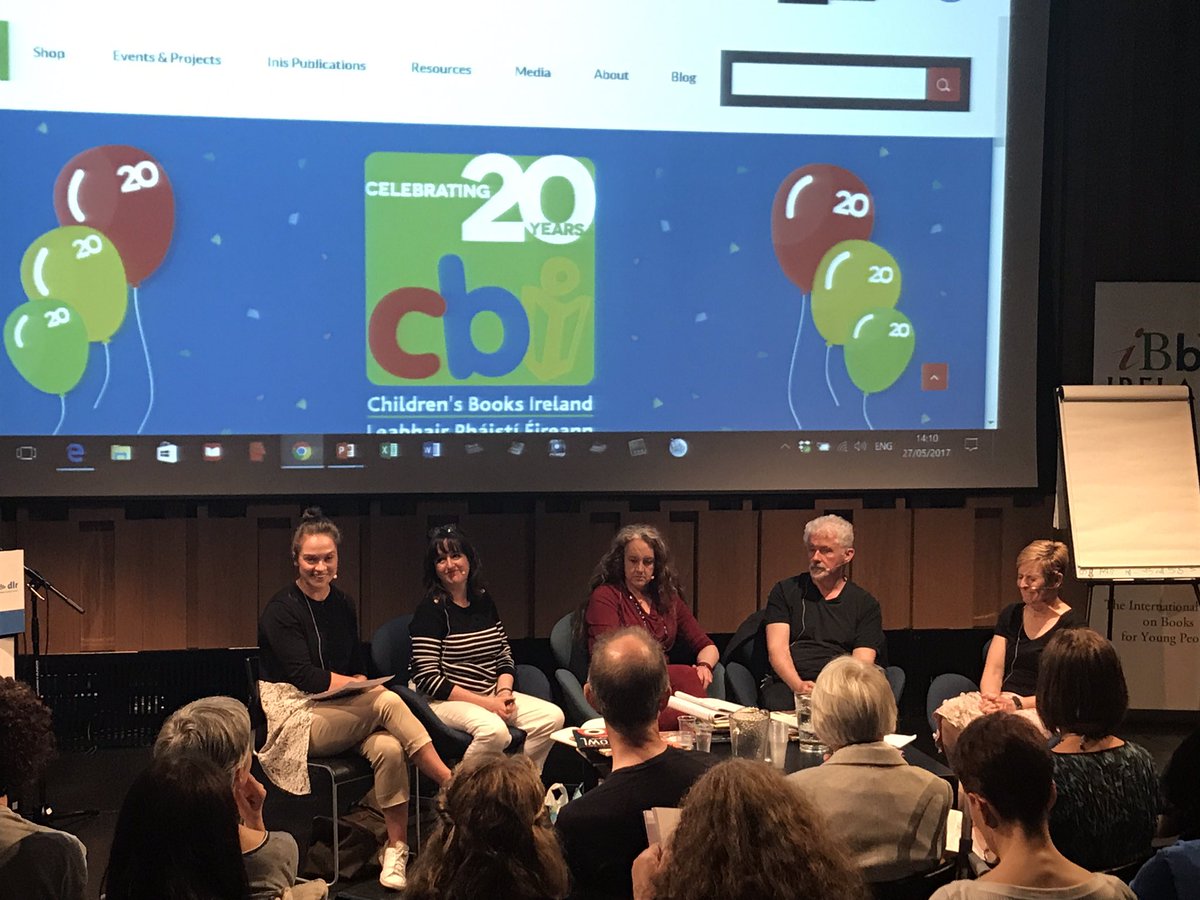
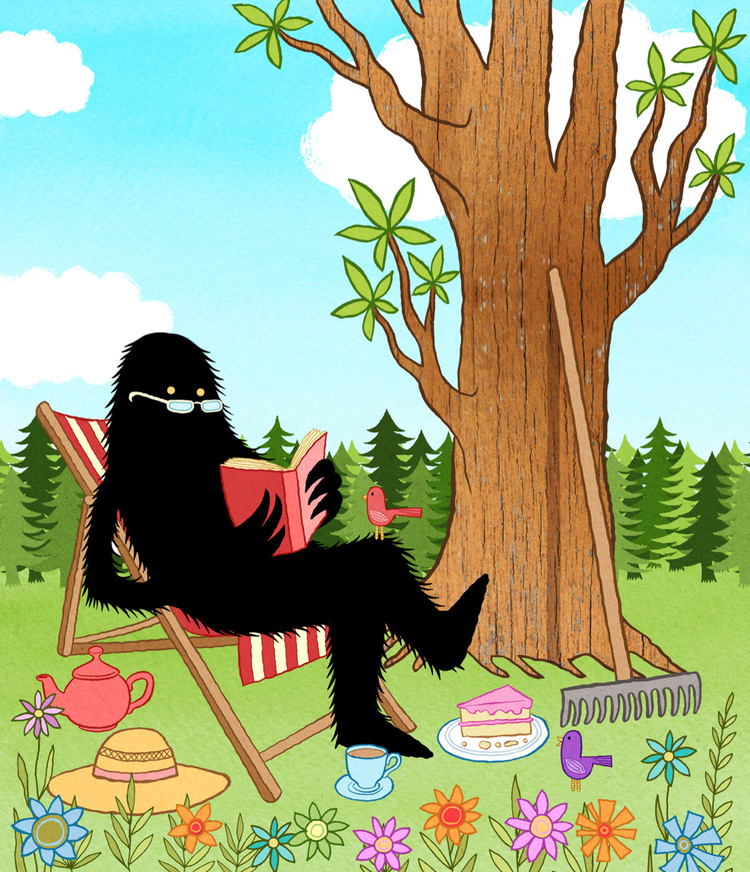
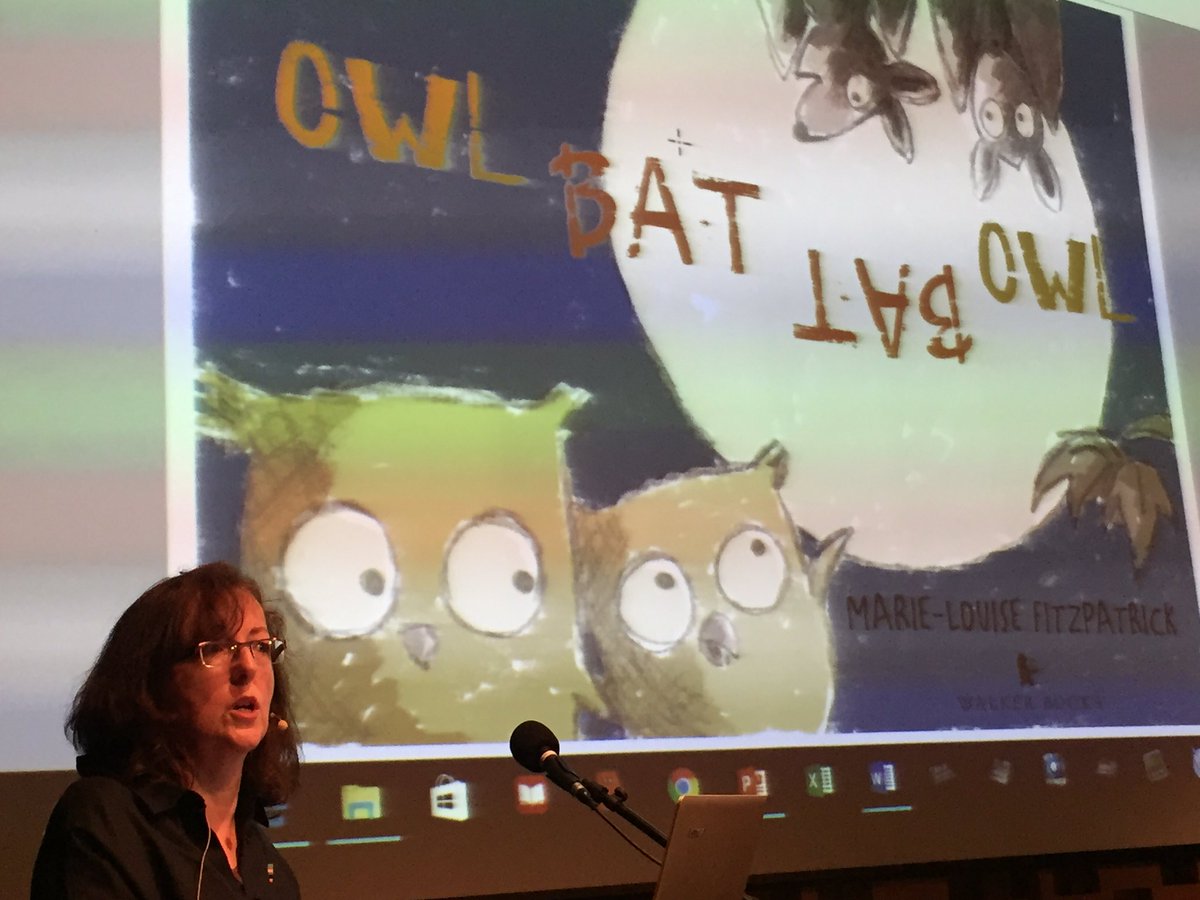
![IMG_4138[1].JPG](https://images.squarespace-cdn.com/content/v1/58973315e4fcb5808a5b7d9e/1495906190232-PE2QJ597VZ2M05UOBMJI/IMG_4138%5B1%5D.JPG)
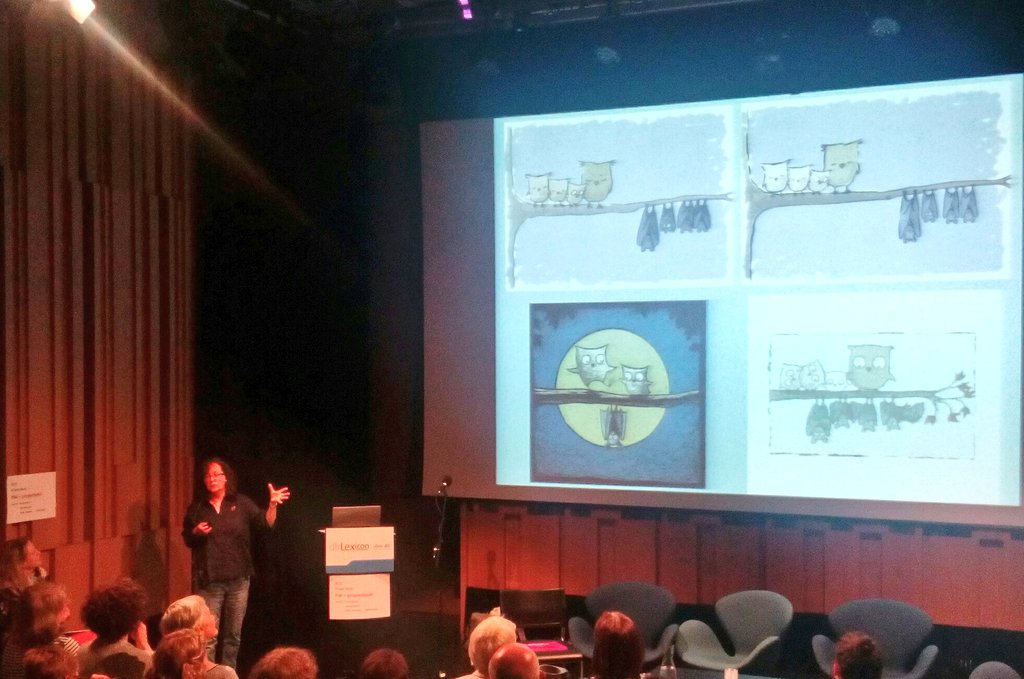
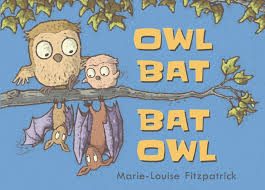


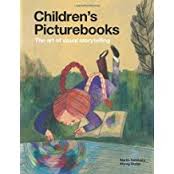
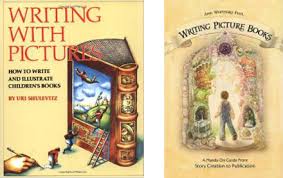
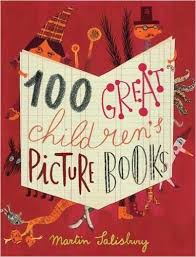
![SHTQ7477[1].jpg](https://images.squarespace-cdn.com/content/v1/58973315e4fcb5808a5b7d9e/1494954396210-1OP83XIAF9N67Q719N3K/SHTQ7477%5B1%5D.jpg)
![IMG_3686[1].JPG](https://images.squarespace-cdn.com/content/v1/58973315e4fcb5808a5b7d9e/1494954438439-9FFGMA7IYBI8W4KU7V4Z/IMG_3686%5B1%5D.JPG)
![IMG_3831[1].JPG](https://images.squarespace-cdn.com/content/v1/58973315e4fcb5808a5b7d9e/1494954470484-8VYBTV7MHSA6WODMW56N/IMG_3831%5B1%5D.JPG)
![IMG_3349[1].JPG](https://images.squarespace-cdn.com/content/v1/58973315e4fcb5808a5b7d9e/1494954536089-1KHKOBCJOOEK8U7ZK8I4/IMG_3349%5B1%5D.JPG)

![IMG_3679[1].JPG](https://images.squarespace-cdn.com/content/v1/58973315e4fcb5808a5b7d9e/1494955341400-6GW2GJ9J4OB80MTBA039/IMG_3679%5B1%5D.JPG)
![IMG_3638[1].JPG](https://images.squarespace-cdn.com/content/v1/58973315e4fcb5808a5b7d9e/1494955354217-6LAD046ZR346C4TUBIEX/IMG_3638%5B1%5D.JPG)
![IMG_3613[1].JPG](https://images.squarespace-cdn.com/content/v1/58973315e4fcb5808a5b7d9e/1494955368615-JTOZE77FOVS6BVJSQLG0/IMG_3613%5B1%5D.JPG)
![IMG_3579[1].JPG](https://images.squarespace-cdn.com/content/v1/58973315e4fcb5808a5b7d9e/1494955389671-3D9K5ECV5W73Z24MDHKB/IMG_3579%5B1%5D.JPG)
![WRDM5814[1].jpg](https://images.squarespace-cdn.com/content/v1/58973315e4fcb5808a5b7d9e/1494955810301-HEJGXWKNTQUBR5UQONR6/WRDM5814%5B1%5D.jpg)
![IMG_3793[1].JPG](https://images.squarespace-cdn.com/content/v1/58973315e4fcb5808a5b7d9e/1494955796740-HCM0WY3213ZSI4WC6TGB/IMG_3793%5B1%5D.JPG)
![IMG_3773[1].JPG](https://images.squarespace-cdn.com/content/v1/58973315e4fcb5808a5b7d9e/1494955829856-16QNEC64S2EO2HR4JJBP/IMG_3773%5B1%5D.JPG)
![IMG_3801[1].JPG](https://images.squarespace-cdn.com/content/v1/58973315e4fcb5808a5b7d9e/1494955858514-HXRKZQG02YXPVND03EV2/IMG_3801%5B1%5D.JPG)
![IMG_3670[1].JPG](https://images.squarespace-cdn.com/content/v1/58973315e4fcb5808a5b7d9e/1494956264596-LH14IPCXS26XBG4Q61ZM/IMG_3670%5B1%5D.JPG)
![IMG_3640[1].JPG](https://images.squarespace-cdn.com/content/v1/58973315e4fcb5808a5b7d9e/1494956346293-35LJNA4JLSUWY8GNWVSF/IMG_3640%5B1%5D.JPG)
![IMG_3663[1].JPG](https://images.squarespace-cdn.com/content/v1/58973315e4fcb5808a5b7d9e/1494956979726-CNDXCB7NI725JLA8UJZ6/IMG_3663%5B1%5D.JPG)
![IMG_3656[1].JPG](https://images.squarespace-cdn.com/content/v1/58973315e4fcb5808a5b7d9e/1494956354326-R8JSXN8CQTU218QBQ1WZ/IMG_3656%5B1%5D.JPG)
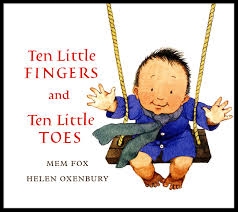
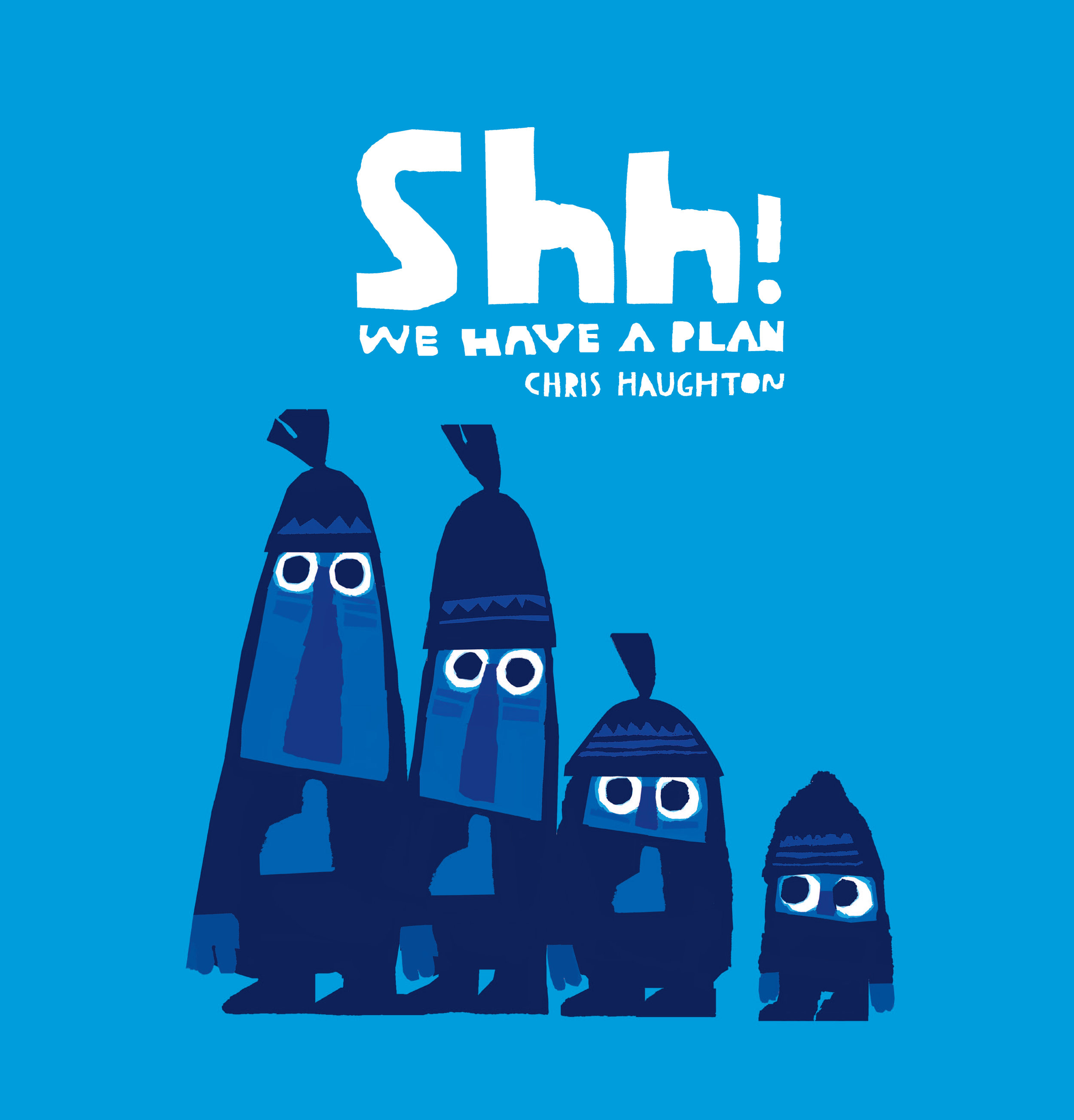

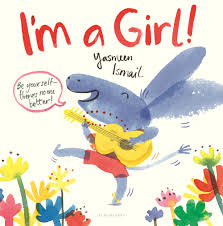
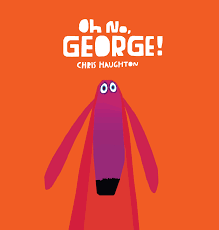
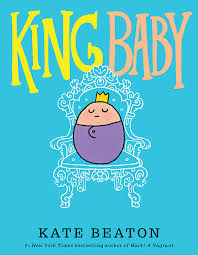


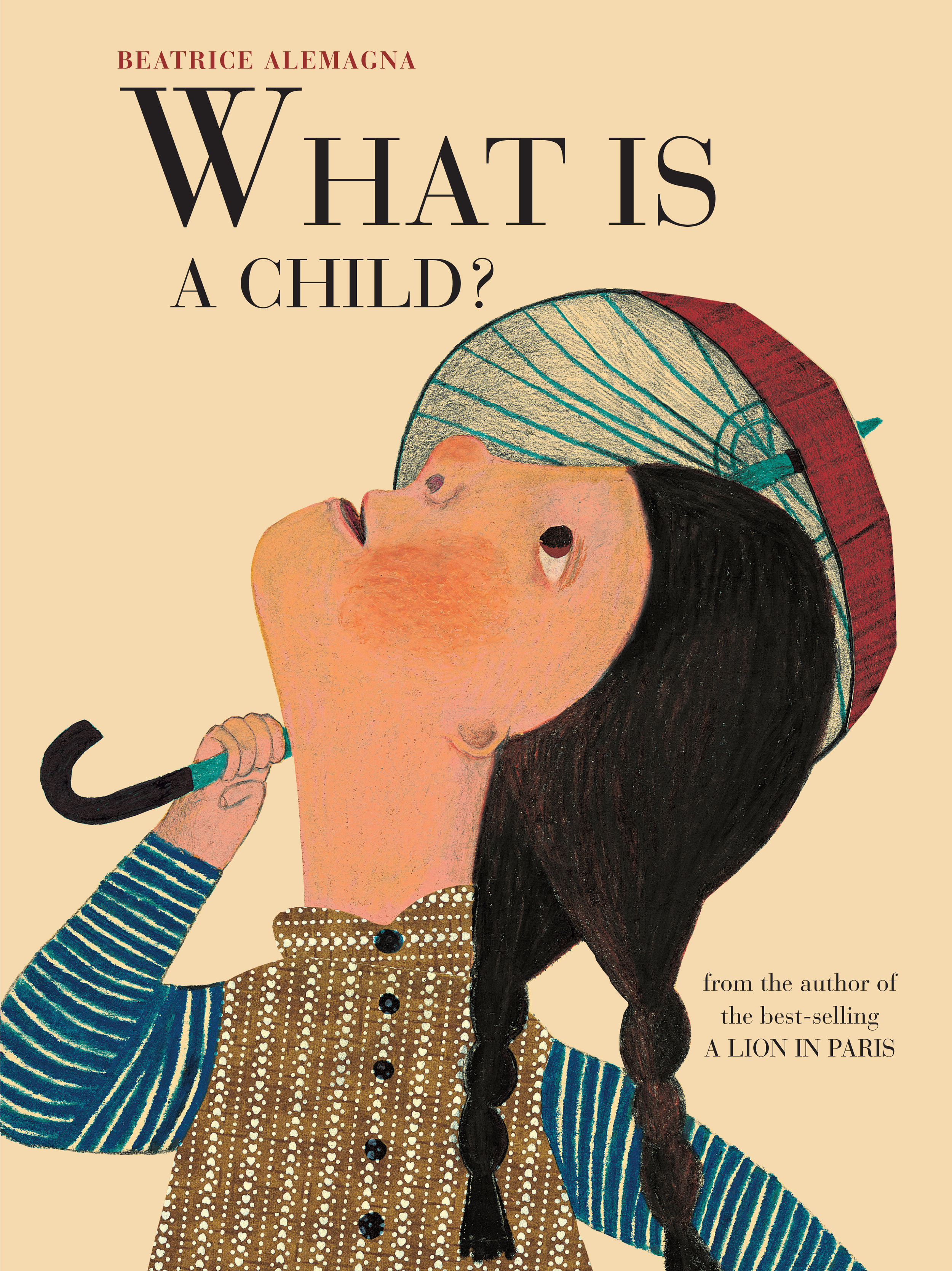

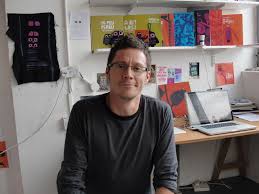


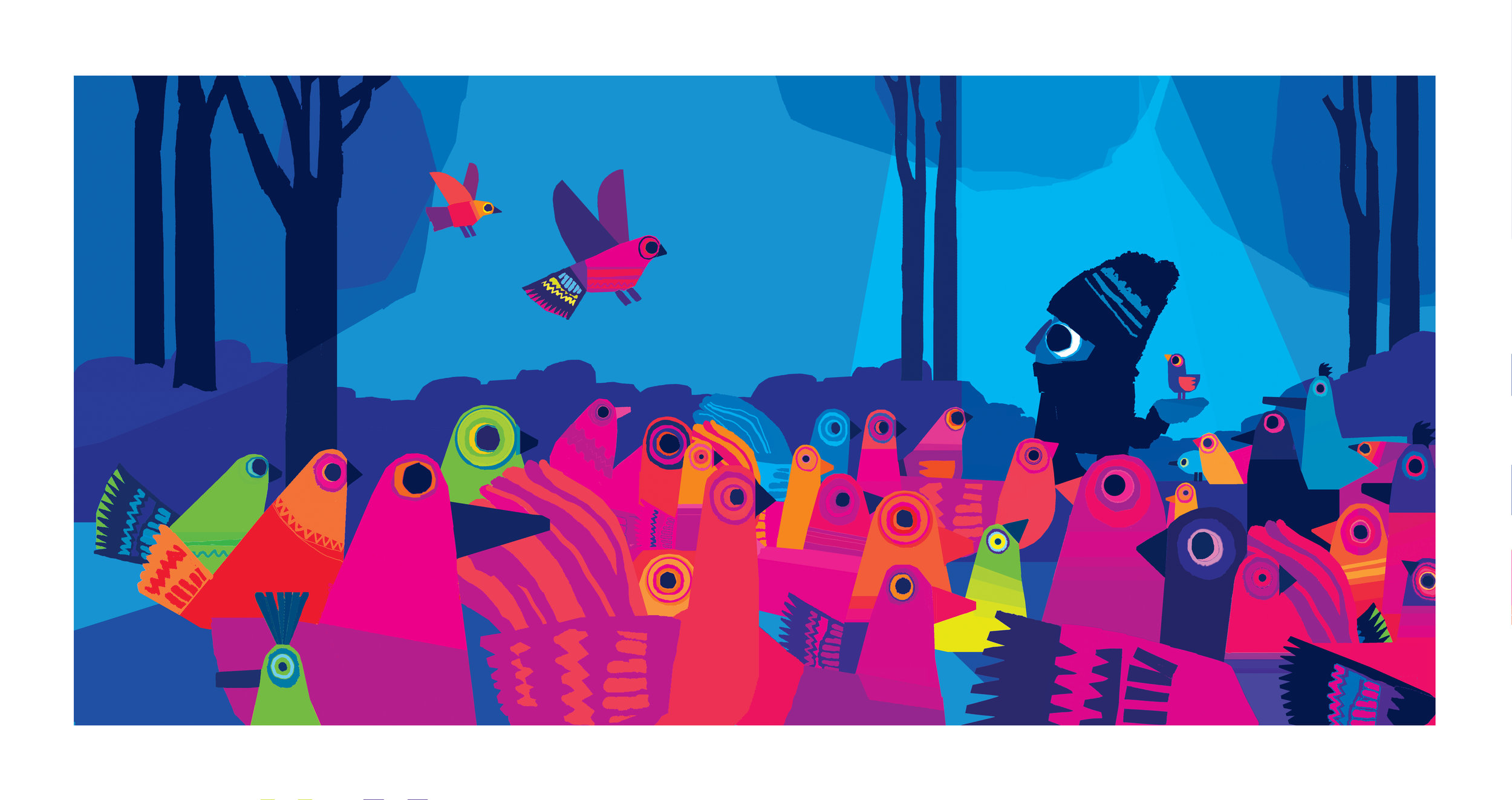
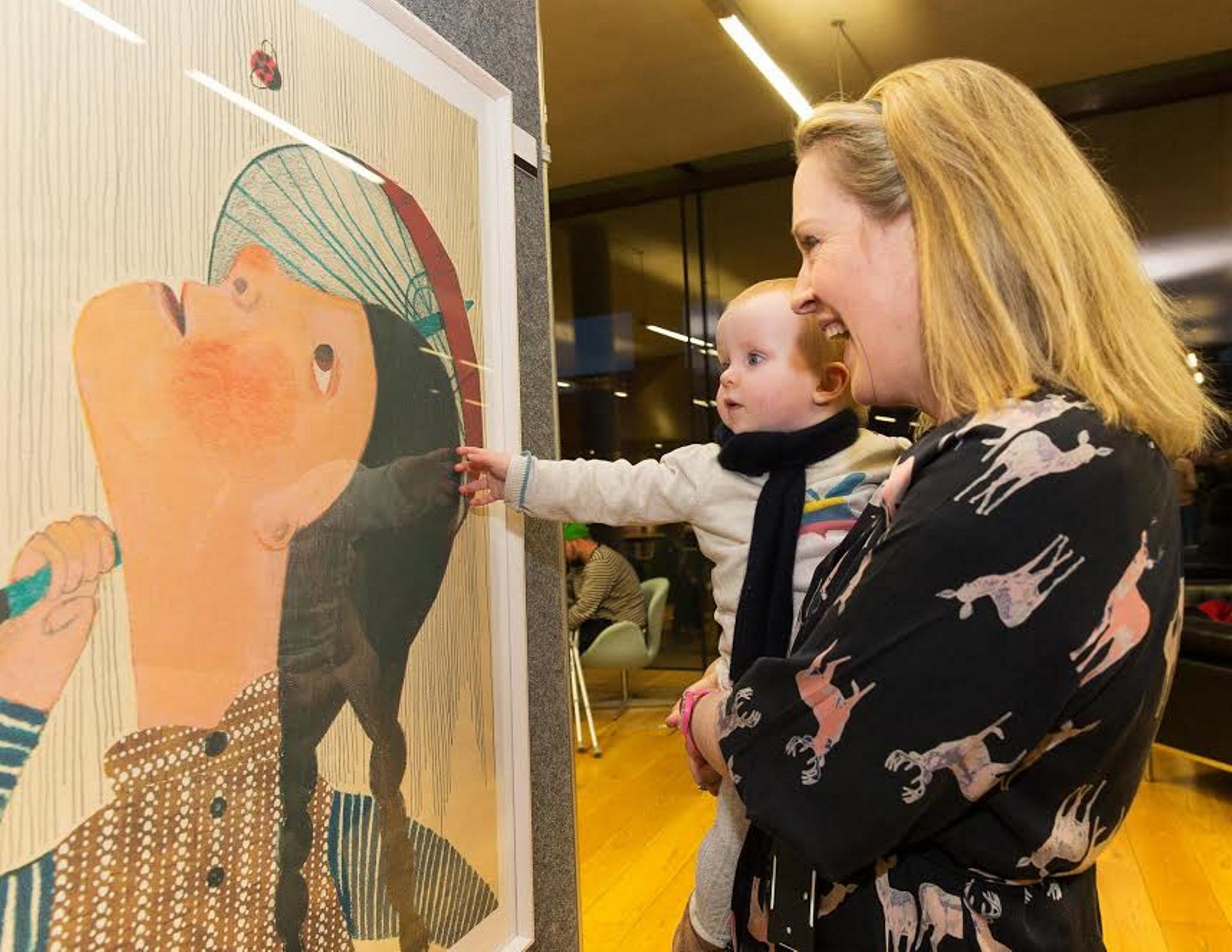

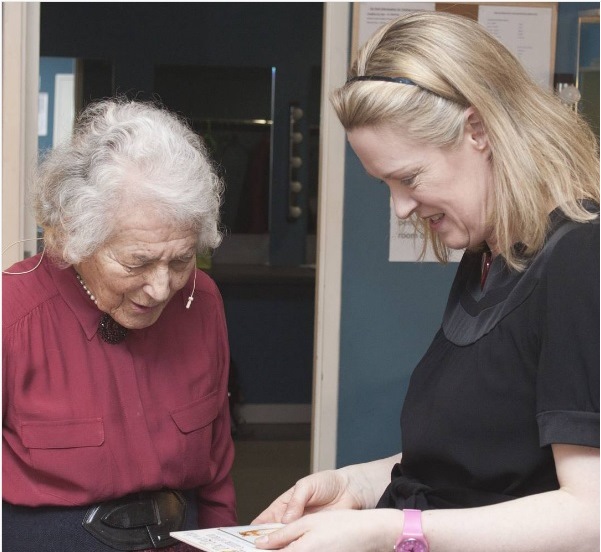
![IGFA3351[2].jpg](https://images.squarespace-cdn.com/content/v1/58973315e4fcb5808a5b7d9e/1491330855707-PFL0KUANLK1QTQ8G5ZNU/IGFA3351%5B2%5D.jpg)
![IMG_3190[1].JPG](https://images.squarespace-cdn.com/content/v1/58973315e4fcb5808a5b7d9e/1491330998720-IHMFQUESOLX8MKJVI6Y1/IMG_3190%5B1%5D.JPG)
![IMG_3287[1].JPG](https://images.squarespace-cdn.com/content/v1/58973315e4fcb5808a5b7d9e/1491331069958-OREGPJWZUD5VX3I5QJXM/IMG_3287%5B1%5D.JPG)
![IMG_3082[1].JPG](https://images.squarespace-cdn.com/content/v1/58973315e4fcb5808a5b7d9e/1491331189617-GI8WW0NYAJ6V8IC7DZF9/IMG_3082%5B1%5D.JPG)
![IMG_3079[1].JPG](https://images.squarespace-cdn.com/content/v1/58973315e4fcb5808a5b7d9e/1491331181274-BOPI0U93NWEK8S1LCIWR/IMG_3079%5B1%5D.JPG)
![IMG_3101[1].JPG](https://images.squarespace-cdn.com/content/v1/58973315e4fcb5808a5b7d9e/1491331201499-GHGY2JZXEL2H0Z5MP0RJ/IMG_3101%5B1%5D.JPG)
![IMG_3125[1].JPG](https://images.squarespace-cdn.com/content/v1/58973315e4fcb5808a5b7d9e/1491331229842-X1WPQ5Q03LL36P706M3O/IMG_3125%5B1%5D.JPG)
![IMG_3183[1].JPG](https://images.squarespace-cdn.com/content/v1/58973315e4fcb5808a5b7d9e/1491331234805-9KF75THUB3DBKM0T6CUP/IMG_3183%5B1%5D.JPG)
![IMG_3195[1].JPG](https://images.squarespace-cdn.com/content/v1/58973315e4fcb5808a5b7d9e/1491331254073-Q5TTL583HJIN6I0B3H0L/IMG_3195%5B1%5D.JPG)
![IMG_3191[1].JPG](https://images.squarespace-cdn.com/content/v1/58973315e4fcb5808a5b7d9e/1491331285903-12PQFGCYMSLV81CHJ69S/IMG_3191%5B1%5D.JPG)
![IMG_3232[1].JPG](https://images.squarespace-cdn.com/content/v1/58973315e4fcb5808a5b7d9e/1491331327505-8ZZL1EF9XVZYPO0OZZEE/IMG_3232%5B1%5D.JPG)
![IMG_3216[1].JPG](https://images.squarespace-cdn.com/content/v1/58973315e4fcb5808a5b7d9e/1491331299379-YWVL62N1RO5MFDAUU9AC/IMG_3216%5B1%5D.JPG)
![IMG_3238[1].JPG](https://images.squarespace-cdn.com/content/v1/58973315e4fcb5808a5b7d9e/1491331340186-5TWXGIYR6Q85QFOTRF4N/IMG_3238%5B1%5D.JPG)
![IMG_3268[1].JPG](https://images.squarespace-cdn.com/content/v1/58973315e4fcb5808a5b7d9e/1491331354625-H9X9TXYPJNAWCCFU1EKF/IMG_3268%5B1%5D.JPG)
![IMG_3323[1].JPG](https://images.squarespace-cdn.com/content/v1/58973315e4fcb5808a5b7d9e/1491331374921-IG4KDKDTXHE2UNE1RU07/IMG_3323%5B1%5D.JPG)
![IMG_3324[1].JPG](https://images.squarespace-cdn.com/content/v1/58973315e4fcb5808a5b7d9e/1491331389924-GAXZPLW0H7CBDIDND3CD/IMG_3324%5B1%5D.JPG)








